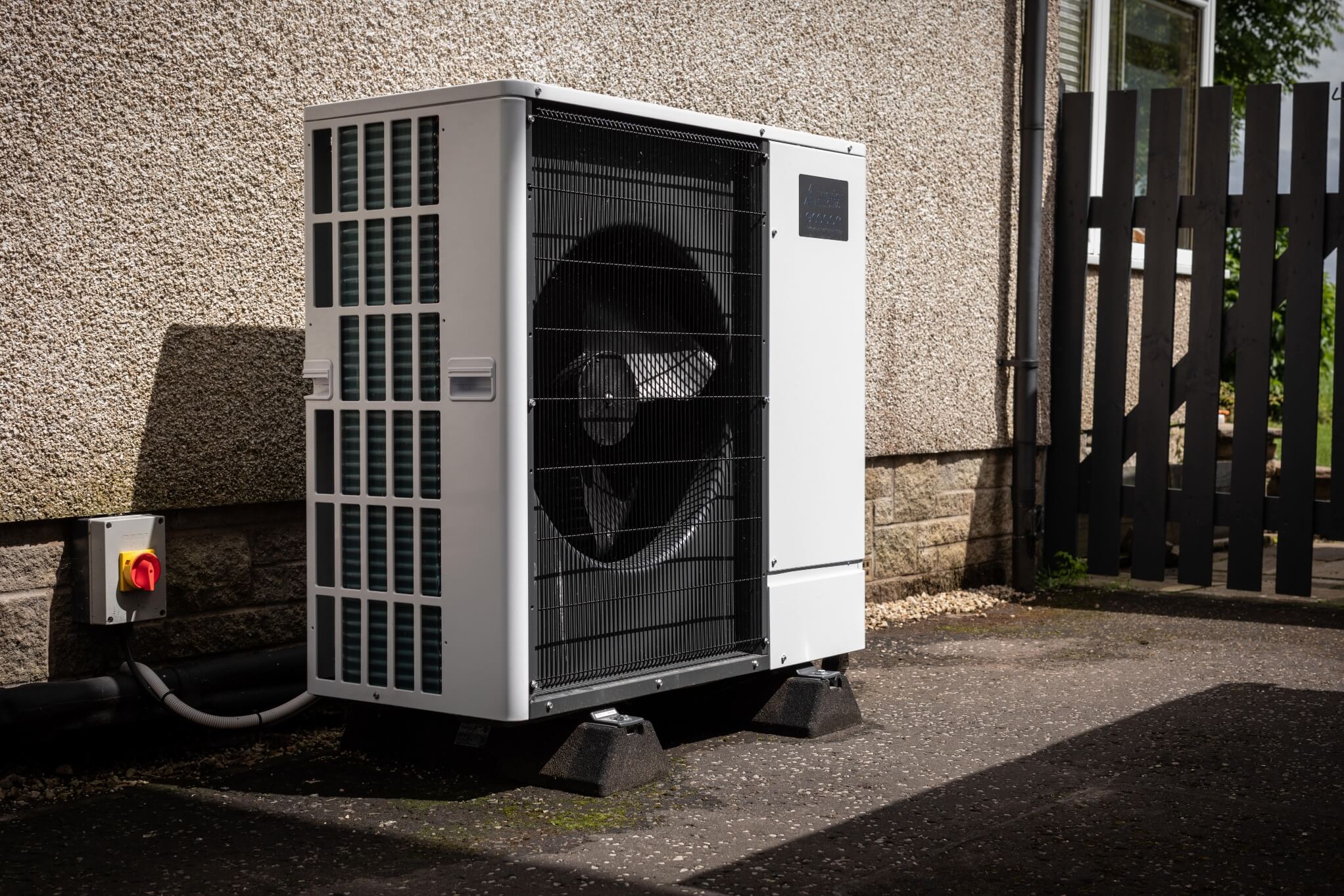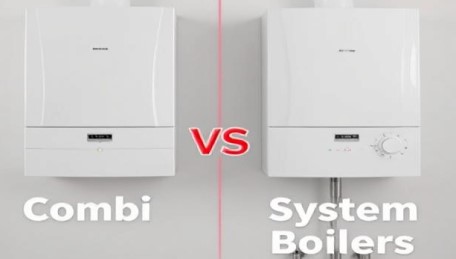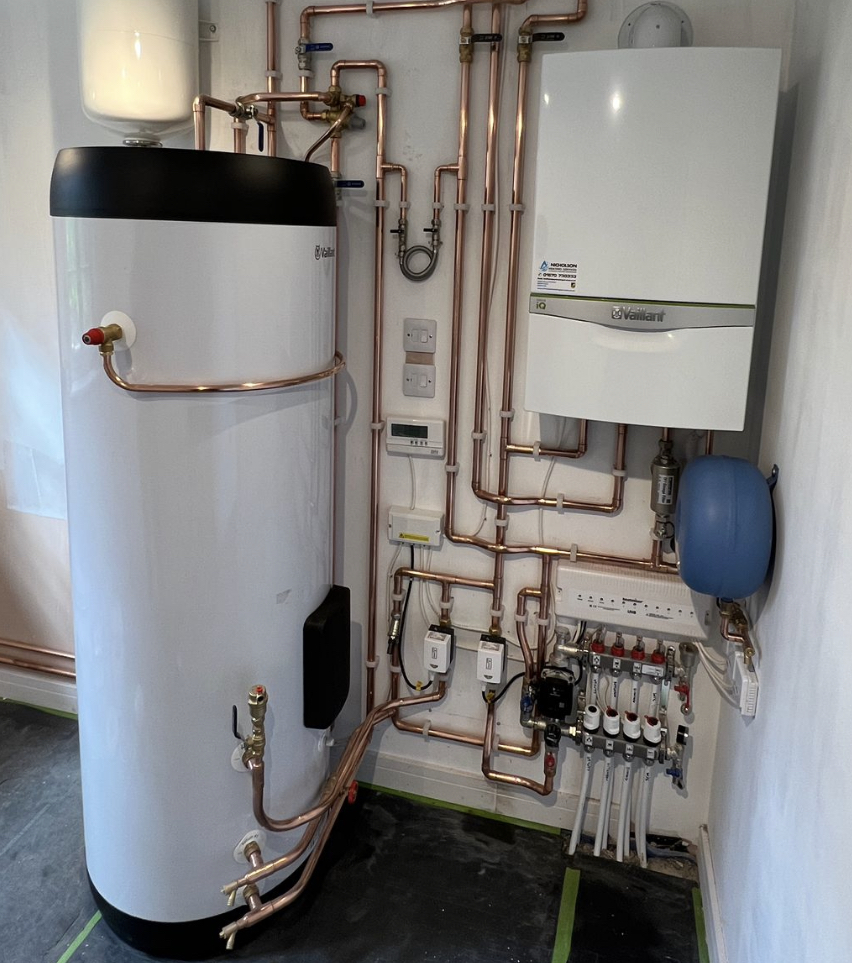What Are Heat Pumps? A Simple Guide for UK Homes
With energy bills on the rise and climate concerns growing, more people in the UK are turning to heat pumps as a cleaner, more efficient way to heat their homes. But what exactly are heat pumps, and how do they work?
Put simply, a heat pump is a low-carbon heating system that moves heat rather than creating it. It works a bit like a fridge in reverse. Instead of taking heat out of your fridge to keep your food cool, a heat pump extracts heat from the air or ground outside your home—even when it’s chilly—and uses it to warm your home and hot water.
There are two main types:
-
Air source heat pumps (ASHPs): These draw heat from the air outside. They’re the most common type in the UK and usually sit outside your home, a bit like an air conditioning unit.
-
Ground source heat pumps (GSHPs): These use buried pipes to absorb heat from the ground. They’re more expensive to install but even more efficient in the long run.
Why consider one?
-
Lower carbon emissions
-
Can reduce energy bills over time
-
Works with underfloor heating or modern radiators
-
Eligible for grants through the UK government’s Boiler Upgrade Scheme
Are they right for everyone?
They’re best suited to well-insulated homes and may require changes like larger radiators or lower-temperature heating systems. But with the UK pushing towards net zero, heat pumps are a future-ready option for many households.
FixYourHome Ltd can help you make the switch with expert advice, tailored system design, and professional installation. Whether you're upgrading your heating or building new, we’ll guide you every step of the way.
Interested? Get in touch with Fix Your Home Ltd to see if a heat pump is right for your property.




